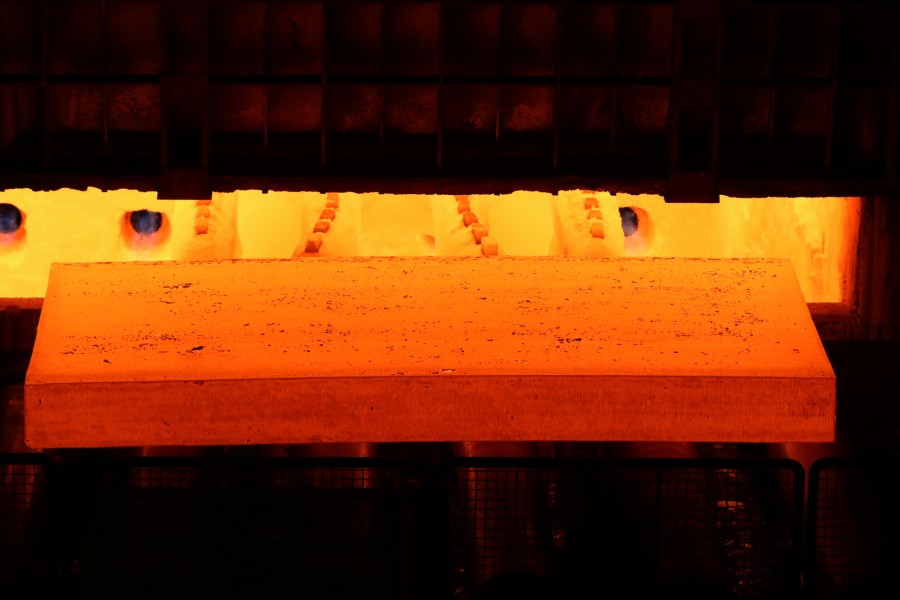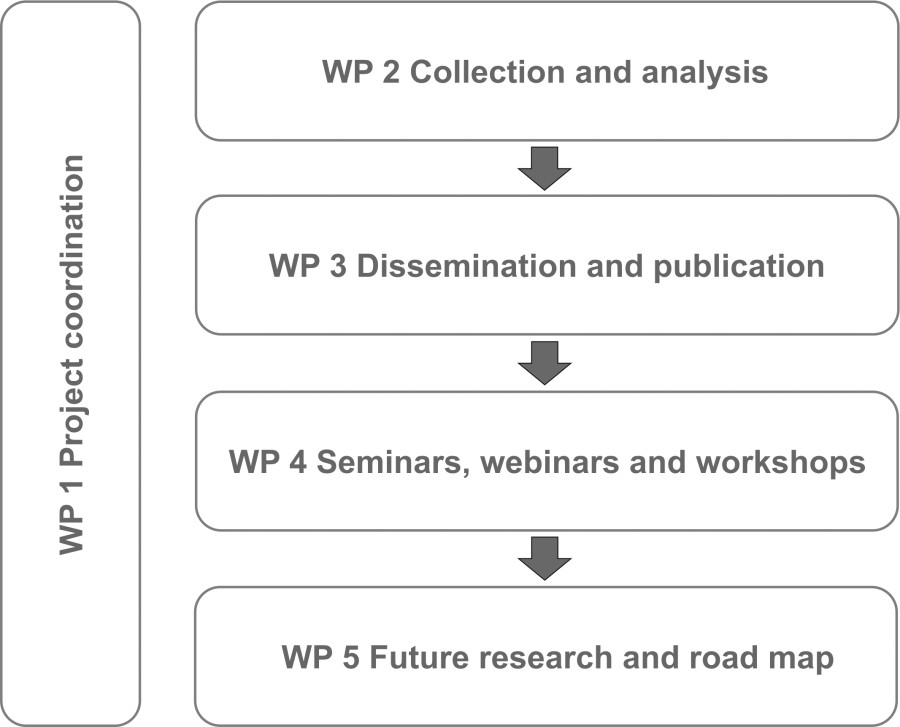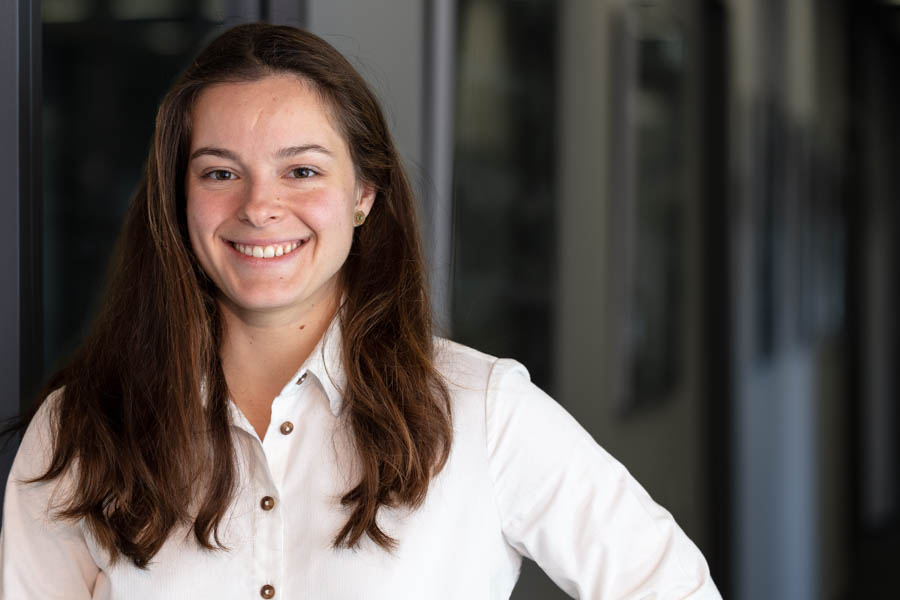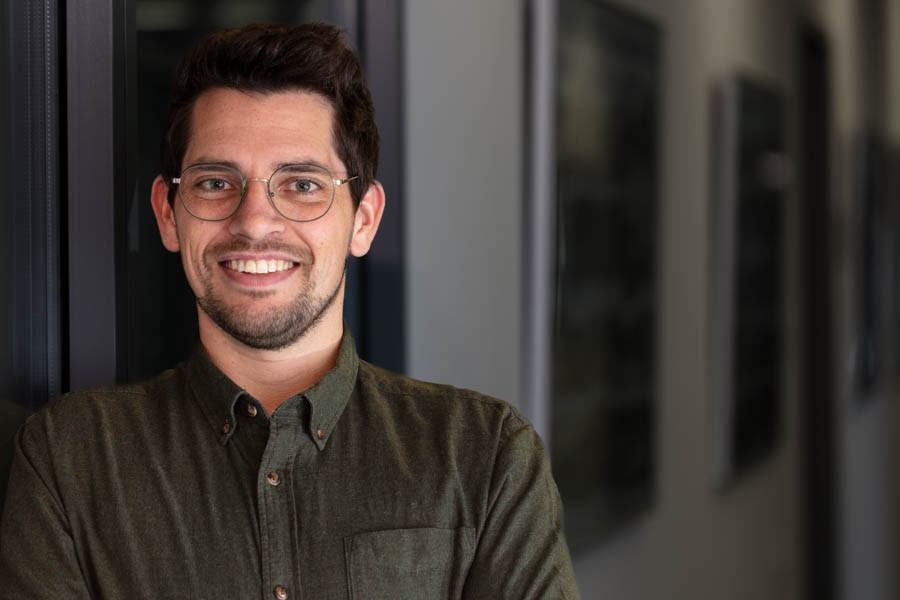DissHEAT: Dissemination of the heating technology research results for emission minimization and process optimization towards todays fossil-free heating agenda
Research Fund for Coal and Steel (RFCS), 1 July 2022 — 31 December 2023
Project description
The EU is the second largest steel producer in the world with 150 Mt per year, out of a world production of 1900 Mt per year. The EU steel industry alone is responsible for 221 Mt of greenhouse gas emissions per year, including direct and indirect emissions, or 5.7% of total EU emissions. To meet the ambitions of the European Green Deal, the steel industry must adapt and transform itself to remain competitive. Over the past 30 years, the EU steel industry has already reduced its emissions by more than 25% by improving energy efficiency and increasing recycling. However, to achieve climate neutrality by 2050, the steel industry needs to step up its efforts to make its processes more efficient, more flexible and technologically advanced to reduce its environmental impact and improve product quality.
The objective of the dissemination project DissHEAT is to provide a comprehensive review of the most important European RFCS and Horizon projects, as well as international literature related to “heating technology research results for emission minimization and process optimization towards today’s fossil-free heating agenda” in the field of downstream steel processing over the last 25 years. By conducting this review and analysis, the aim is to provide valuable insights into successful past technologies and their potential for transferability, which can be applied to current and future green steel processing. This will contribute to the overall goal of reducing greenhouse gas emissions and improving the sustainability of the steel industry.

Discharging of a slab in the plate mill reheating furnace [Source: worldsteel association]
Five different topics have been identified to evaluate and classify the research results. Each project partner is responsible for one of these topics and will classify the findings and results of the corresponding literature to highlight their impact and relevance for a future research roadmap in steel processing.
The five topics include:
- Heating and burner technology; alternative heating methods; electrical heating
- Measurement and sensors, measurement-based furnace control (level 1); standards, regulations
- Modelling of entire furnace, model based predictive control (level 2)
- Materials in the furnace and product quality
- Heat transfer, heat recovery, productivity, economy
The project will provide a thorough analysis of the current state of the art for each topic, including a review of the Best Available Technology report for the Ferrous Metals Processing Industry. Based on this analysis, a cross-thematic BAT approach will be developed. The findings and analysis will be shared and discussed with industry and research experts during the DissHEAT-seminar-series scheduled for May 2023. A workshop will be organised on the 15th of June 2023 at ESTAD in Düsseldorf to discuss the research gaps and provide a final roadmap for future research needs in the field of industrial heating for the steel industry. All the results will be reported in the project deliverables.

Project structure of DissHEAT
Project goals
-
The objectives of the project are as follow:
- To perform a critical review of past projects by the re-organisation of project results into selected groupings and valorising the findings.
- To share, promote and discuss the knowledge. The findings will be presented in a clear way to new audiences. Feedback is expected from discussions at the workshops and seminars which are planned, and this will provide important insights on reasons for success and failure of the past projects and indications of how to proceed.
- To develop a Roadmap for future research activities to reduce greenhouse emissions.
Project participants
Further information
Kontakt

Elsa Busson, M.Sc.
+49 241 80–26072
Funding

The DissHEAT collaborative project is a research project funded by the Research Fund for Coal and Steel (RFCS.) Grant Agreement No. 101057930

